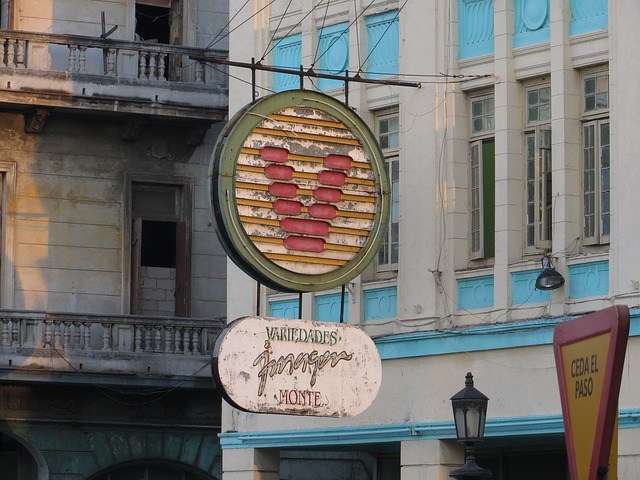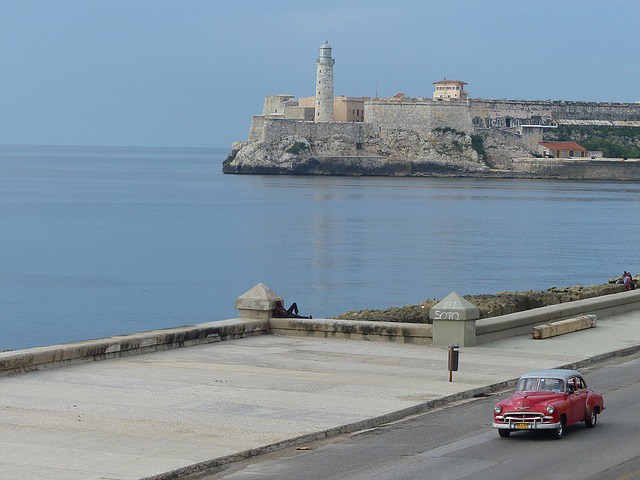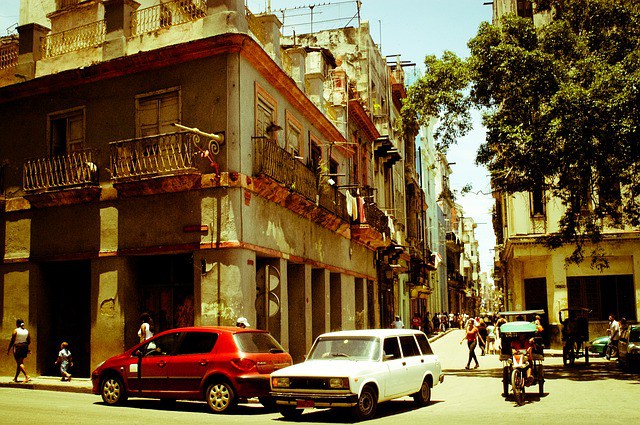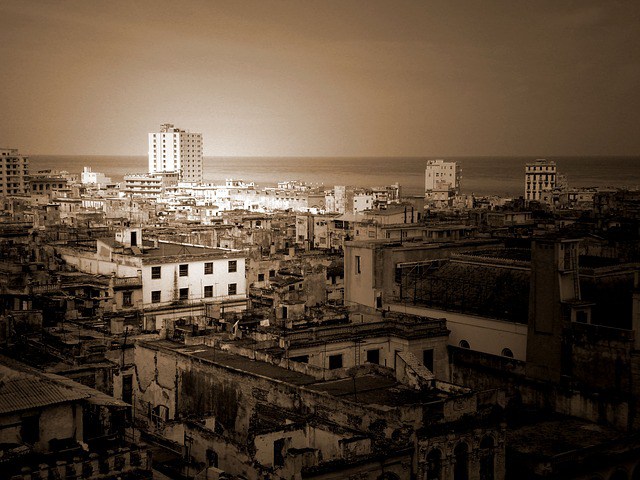This article was originally published on Hipmunk’s Tailwind Blog by TheHipmunk on April 12, 2016
Editor’s note: As of Aug 31, 2016, direct flights from the US to Cuba are taking off for the first time since 1961.
Now that Cuba’s tourism industry is up and running, we’re doing everything we can to educate our readers about how to make the most of their Cuban vacations. From knowing which cities to visit to learning how the country has changed and prepping for your trip, we’ve got you covered.
If you’re ready to visit but worried about finances, we’ve still got your back. Simply implement the following strategies in order to enjoy a budget-friendly trip to Cuba.
It helps to know Spanish.
Overwhelmingly, travelers to Cuba report that you’ll be more accepted if you speak Spanish—and that means you’re more likely to be offered lower prices and to haggle successfully. Even if you don’t have time to become fluent before your visit, learning a few key Spanish phrases will surely make the trip a little easier.
Don’t withdraw or exchange cash in Cuba.
Cuba currently uses two types of currency: the CUC, which is designated primarily for tourists, and the CUP (the peso national), which is civilians’ primary currency. (The government has announced plans to eliminate the dual currency system, but has yet to do so.) For the most part, tourists will be dealing in CUCs, but budget-friendly travelers may want to keep a few CUPs on hand (more on that later). In either case, it’s smart to exchange your money before arriving in Cuba—otherwise you’ll incur a10% penalty to exchange dollars to CUCs. Similarly, avoid using credit cards whenever possible, as fees are quite steep.
Plan for exit and entry.
You’ll be charged $25 CUC to enter Cuba, and another $25 CUC when you fly out of the airport. Go ahead and set aside $50 CUC before your trip so you aren’t caught by surprise on the way in or out of the country. While you’re at it, set aside another $20-$25 CUC for the taxi ride from the airport.
Take advantage of cheap eats.
Want to save money on food? Then seek out local establishments that operate on pesos (namely, street food vendors and peso restaurants). This can be a serious money saver—think the difference between paying $0.80 or $8.00 for a sandwich. If you’re staying in a casa particular (aka a private homestay), this is also a good place to eat cheaply—meals tend to be huge (meaning you can split one dish between two people) and less expensive than meals at touristy restaurants. Or hit up hotel buffets for a meal that will fill you up for around $8 CUC.
Pack your own snacks and toiletries.
Basic toiletries and medical supplies—think sunscreen, Aspirin, and contact lens solution—are either very expensive or totally unavailable in Cuba, so don’t assume that you can pick up supplies once you’ve arrived. Instead, bring along any toiletries that you can’t go without. Same goes for your favorite snack foods.
Get mobile like a local.
Cuba has designated tourist buses, and (not surprisingly) they can be a bit of a money trap. You’ll save on transportation by taking public buses, camiones (i.e open-backed trucks), or shared taxis. As an added bonus, local transportation tends to operate on a more flexible timetable than the tourist buses.
Entertain thyself.
Cuba has a vibrant nightlife scene, and you can drink for change if you stick to local establishments. (A good rule of thumb: Avoid any club that charges an entrance fee.) If you’re not sure where to go, ask your casa hosts or local street vendors for suggestions. If the club scene isn’t your thing, you can still find cheap entertainment in the form of museums, which typically charge only $1-2 CUC for entry. Just be aware that many museums charge an additional fee for anyone who wants to take photos.
While Cuba may not be the cheapest destination around, there are plenty of deals to be had for the frugal traveler. Just remember: When in doubt, act like a local.







